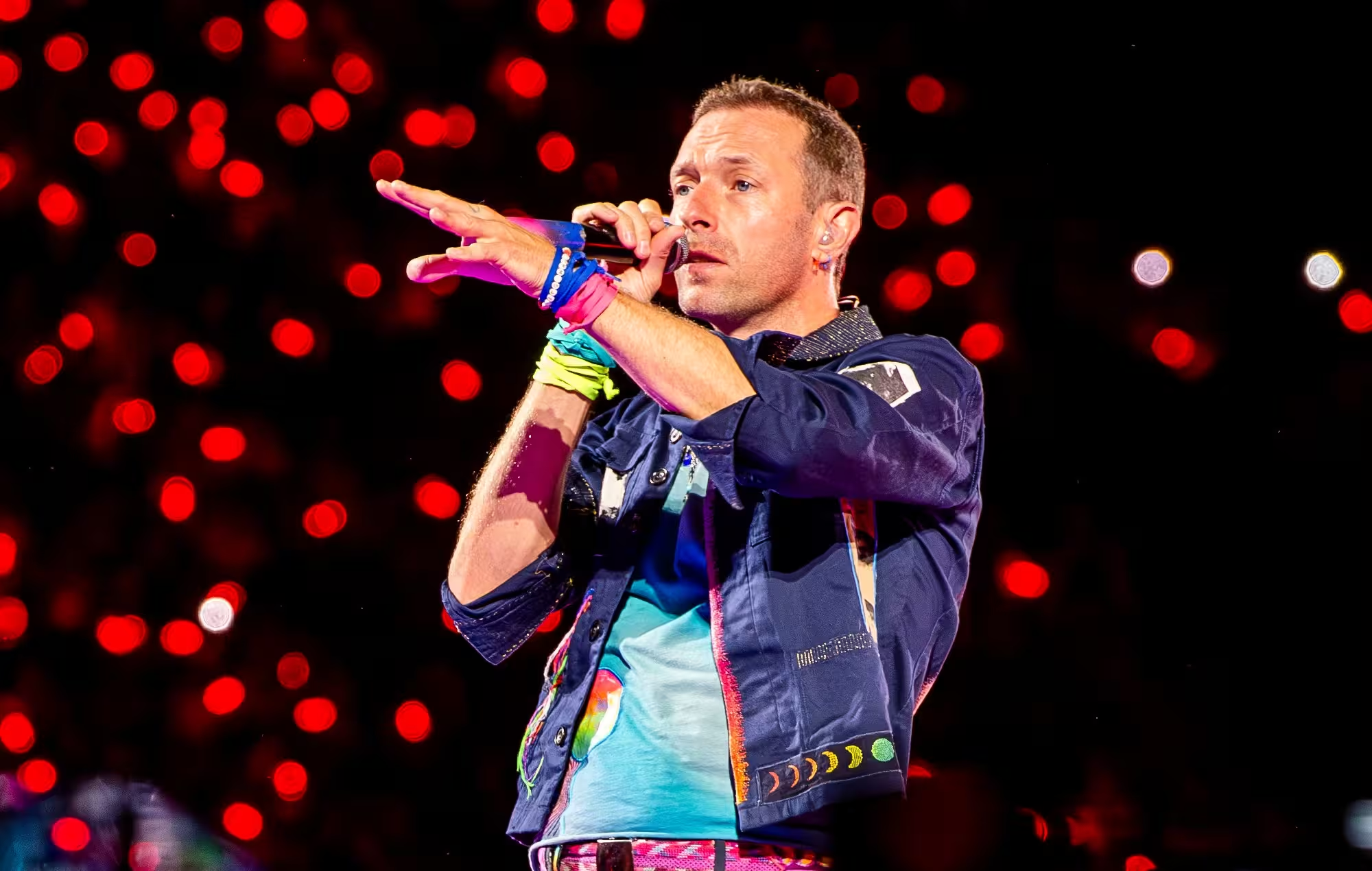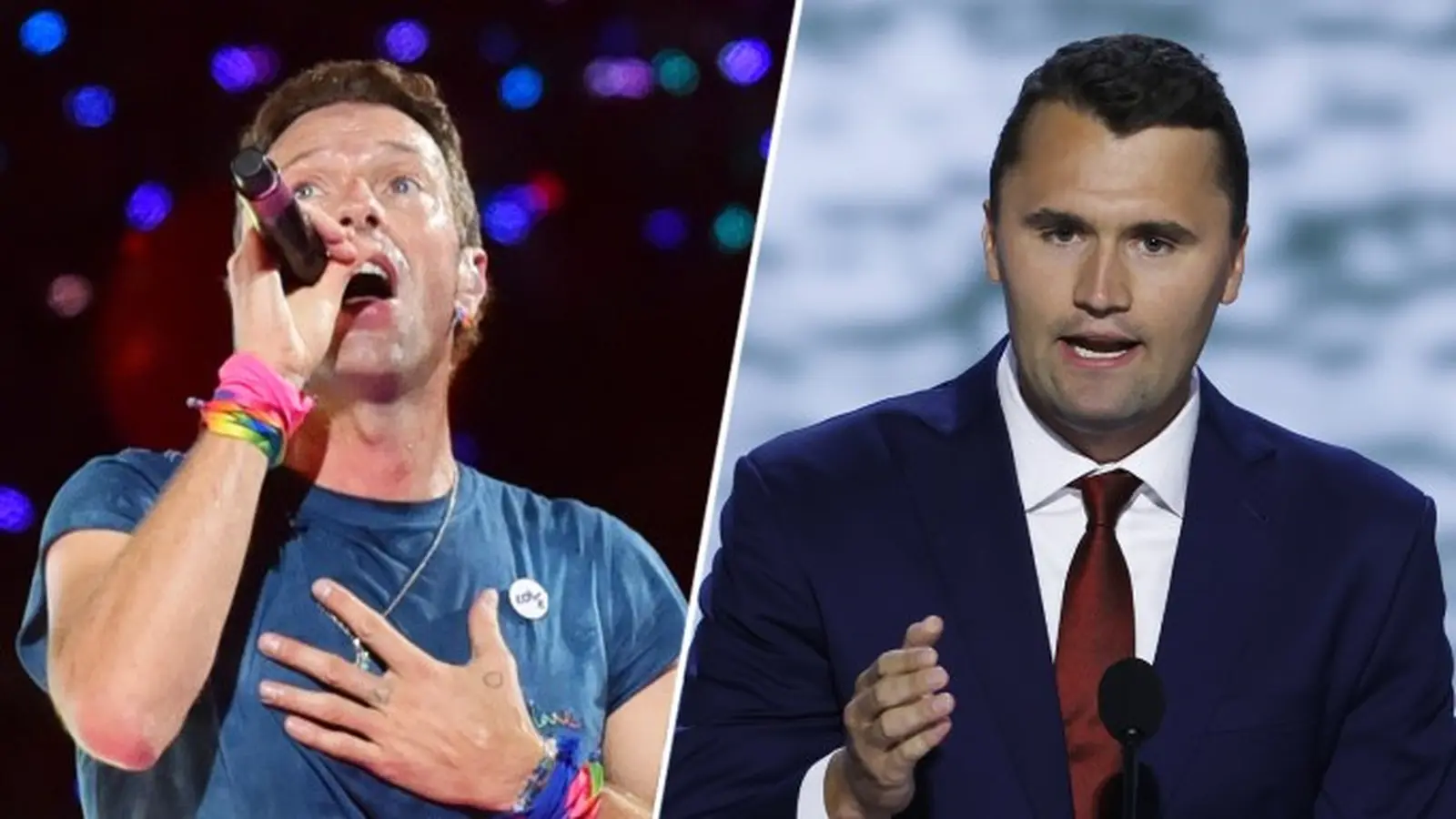5 Minutes
A brief, unifying moment at a Coldplay finale
At the final stop of Coldplay’s Music of the Spheres World Tour in London, frontman Chris Martin paused more than he usually does between songs. On a stadium stage that has hosted grand visual spectacles, he asked the 90,000-strong audience at Wembley Stadium to raise their hands and "send love" — explicitly naming Charlie Kirk’s family among those recipients. It was a short appeal, delivered gently, but in the days following a politically charged shooting it landed like a cinematic cut designed to redirect the frame from anger to compassion.
What happened onstage
The moment
Martin’s plea was simple and open-ended: "You can send it to people you disagree with, but you send them love anyway." He expanded the gesture to include families suffering globally — from war zones to local tragedies — and invited London’s noise and light to be a buoy for that compassion. The message echoed across social media and newsrooms, not because it was theatrical, but because it was precisely the kind of humanizing note that often appears in documentary or concert-film climaxes.
Why the remark matters to film and series audiences
For cinephiles and series lovers, the moment functions like a deliberate directorial choice: a singer as narrator, a stadium as mise-en-scène, the crowd as chorus. In recent years, music events have increasingly been framed and repackaged as cinematic experiences — think Netflix’s concert films and music documentaries like "Shut Up and Play the Hits" or the more celebratory "Live at Pompeii" — where a single line can shape the takeaway for viewers and streaming audiences worldwide.
Context: artists as cultural narrators
Artists have long used live performance as a platform for political and emotional commentary. From protest songs captured in concert films to biopics that reshape public perception, the music world intersects with cinema whenever a live moment is recorded and rewatched. Martin’s statement is part of a broader tendency for musicians to translate news events into artistic responses, which later feed into documentaries, feature films, and limited series exploring the cultural fallout.

Comparisons and industry perspective
Similar moments have been preserved in concert films by bands and artists who blurred the line between entertainment and social statement. Directors like Jonathan Demme (who directed "Stop Making Sense") and recent documentarians who chronicle artists’ lives show how a single stage remark can become a thematic spine for a film or series. For producers and streaming platforms, those unscripted moments add authenticity — and potential viewing hooks — to music documentaries and concert films slated for global audiences.
Fan reception and behind-the-scenes notes
Fans posted clips instantly; some praised the compassionate tone, others questioned the choice to single out a polarizing public figure. Backstage, sources say the band often prepares for moments of reflection during encores, aware that modern concerts are as much about narrative and visuals as they are about songs. That sensitivity to storytelling is one reason Coldplay’s shows translate well to cinematic formats, with sweeping soundtracks and arresting visual design primed for adaptation into concert films or televised specials.
Expert take
"Live music has always provided a shorthand for cultural conversation," says film critic Anna Kovacs. "When performers speak from the stage, they create a frame that filmmakers and documentarians can later build on. Martin’s sentence is an editorial choice—concise, empathetic, and rich with potential for cinematic retelling."
Conclusion: why this matters beyond headlines
Chris Martin’s Wembley appeal is significant not because it solves political tensions, but because it reframes them for audiences accustomed to seeing public moments through a cinematic lens. For filmmakers, series creators, and cultural historians, the line offers a starting point: an anchor for documentaries, a beat in a future biopic, or a still image in a streaming series exploring how artists respond to crisis. In an era when a single gesture can travel faster than a press release, the intersection of concert and cinema continues to shape how we remember and remake current events.
Source: deadline



Leave a Comment